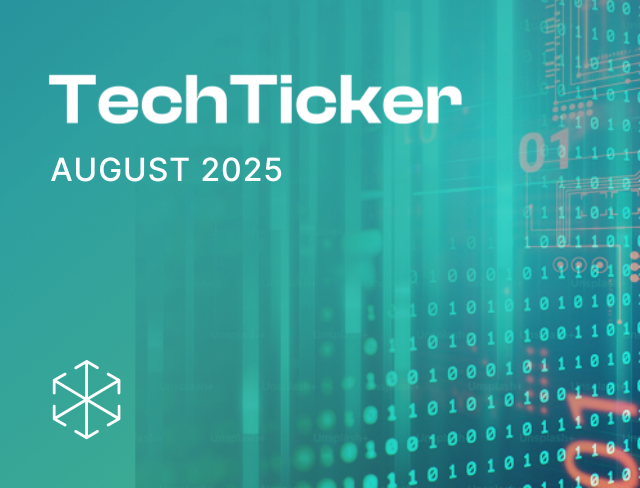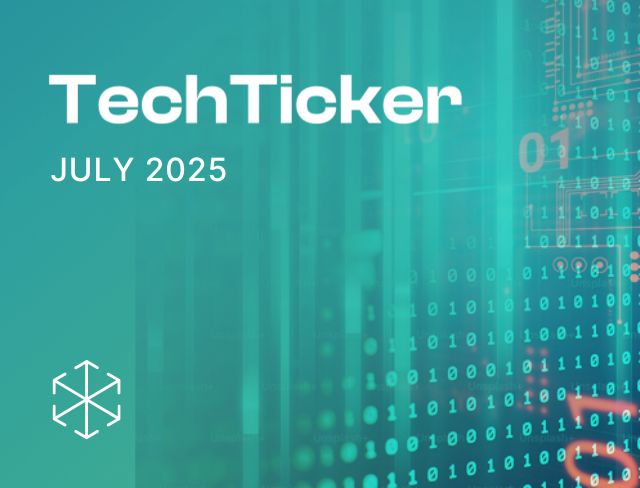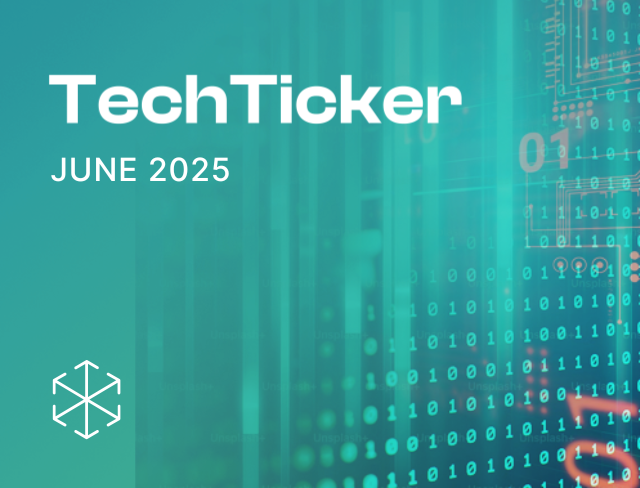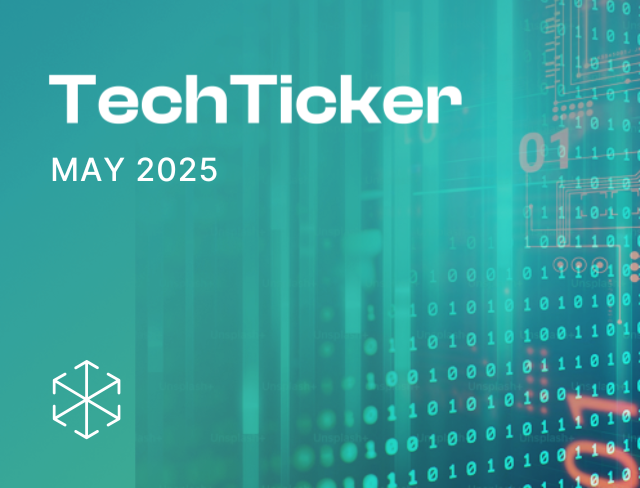Health-tech law roundup
-
Medical devices companies get more time to comply with medical devices law: The Central Drug Standards Control Organisation (CDSCO) allegedly could not complete inspections and provide licenses to manufacturers and importers of class C and D medical devices, by 1 October 2023. The delay was due to the CDSCO’s resource constraints. The CDSCO provided companies six months to get the licenses, after the industry wrote to the Union Health Minister, Mansukh Mandaviya on the matter.
-
Union Health Minister takes charge of regional health meeting: Mansukh Mandaviya was unanimously elected as the Chairperson of the 76th World Health Organisation’s (WHO) Regional Committee for South-East Asia (Regional Committee). The Regional Committee meets yearly to set the agenda for guiding the public health work in the region. At the meet, the minister discussed the successful use of digital health in India and cited the Ayushman Bharat Digital Health mission as strengthening healthcare infrastructure. The members adopted the “Delhi Declaration on strengthening primary healthcare centres as a key element towards achieving universal healthcare” at the meeting.
-
Junior Health Minister discusses medtech in India: The Union Science and Technology Minister of State, Dr. Jitendra Singh, highlighted that the value of India’s medtech sector. Speaking at Confederation of Indian Industry’s 15th Global MedTech Summit 2023, the minister pointed to the government’s various policies aimed at fostering public private partnerships in the sector (e.g., the Promotion of Research and Innovation in Pharma MedTech Scheme Scheme). The minister touted India’s position as a global manufacturing hub for affordably manufactured medical devices and stated that the industry is likely to grow to USD 50 billion by 2050 (at the 8th Annual International Healthcare Technology Conference).
-
Union minister floats technology upskilling for doctors: The Union Science and Technology Minister of State, Dr. Jitendra Singh, suggested upskilling for doctors on AI, quantum, and other technologies, to meet the changing needs of patients. The minister was speaking at the 63rd Annual Convocation of National Academy of Medical Sciences. Organisations like Koita Foundation and IIM-Raipur have already curated programmes for doctors to upskill on digital health.
Digital health roundup
- ICMR launches portal to help people find diagnostics: The ICMR’s National Institute of Pathology launched “Diagnostic Services in Healthcare” portal to enhance access to diagnostic facilities. And is aimed at ensuring early diagnosis and proactive care for the public. The portal provides a map with locations of diagnostic facilities with information including facility type, distance, and the availability of tests, their cost, and time for results.
-
Uttar Pradesh government to fund healthtech projects: The state’s Department of Science and Technology is funding 100 projects in sectors including healthtech. Projects include IIT Kanpur using AI to detect cancer, and King George Hospital (Lucknow) using AI to detect renal tumours.
- Telangana government’s startup incubator hosts delegation of American regulators: T-Hub, the state’s startup incubator, showcased the state’s vibrant medtech, healthcare, and innovation startup ecosystem to members from the United States’ Food and Drugs Administration (FDA). K.T. Rama Rao, the state’s IT Minister highlighted how the state has the largest number of FDA approved facilities for any region globally. The minister’s statements come at time where Indian facilities are facing increased scrutiny from the FDA on standards at their premises, and global concerns on quality control. India hopes to maintain its position as the pharmacy of the world, for which, Indian drugs/ medical devices and the manufacturing facilities, must adhere to global standards.
- Indian and Taiwanese healthtech startups meet: The International Trade Administration, Government of Taiwan with the Commerce Development Research Institute, partnered with EMPI Institutions, India, for healthtech startups of the countries to meet. The meeting was aimed at improving Indian understanding of Taiwanese healthtech start-ups’ capabilities in medical equipment, assistive devices, and telemedicine. Pankaj Saran, President of EMPI Institutions, stated that India and Taiwan are natural partners for healthtech innovation.
Public health roundup
- Andhra Pradesh’s health minister launches Smart ICU pilot project: V. Rajani, the Health Minister of Andhra Pradesh launched an AI powered smart intensive care unit, in a primary health care centre (PHC) in Chilakaluripet. The launch is part of a pilot project with Guntur-based hospital SHRI Hospital & Research Institute, to help patients in critical conditions with technology, in rural settings. Among other things, the PHC has an AI powered tool to identify patients’ whose condition is worsening.
International roundup
-
WHO releases outline to regulate AI for health: The WHO released “Regulatory considerations on artificial intelligence for health” outlining six areas where AI in healthcare should be regulated by governments. AI in healthcare should be regulated- (a) to ensure transparency and documentation through the AI lifecycle; (b) for risk management (e.g., to ensure that the tool is functioning as intended); (c) for externally validating data against the intended use of the tool; (d) for data quality to remove errors and bias; (e) for ensuring data privacy based on global regulations; and (f) for fostering collaboration and representation or patients, regulators, healthcare providers, and relevant stakeholders through the lifecycle of the AI.
Author credits: This newsletter is brought to you by our health-tech team.
Image credits: Ikigai Designs









